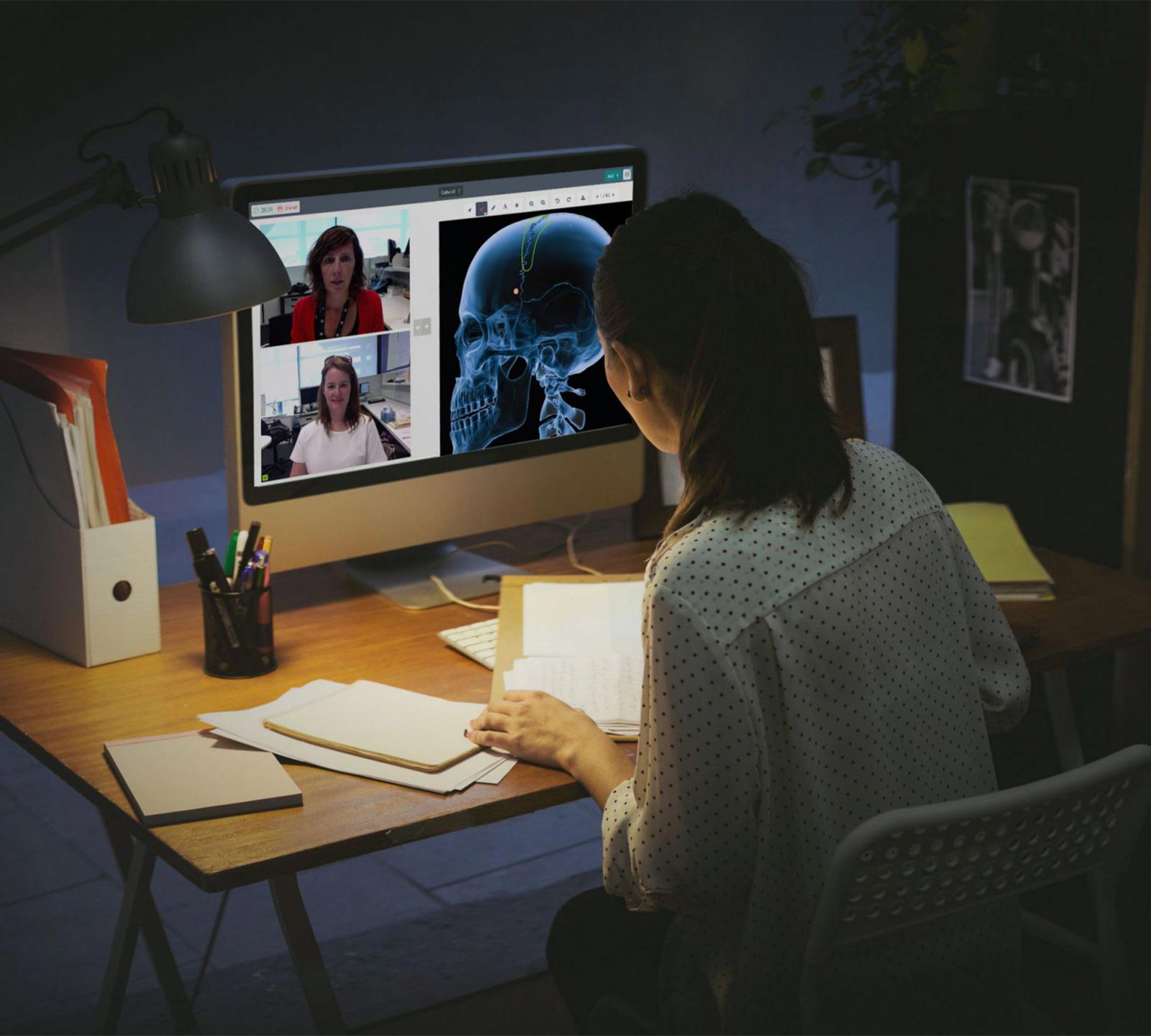Weight loss is a multi-billion dollar industry in Australia, but many weight loss products are not evidence-based and have poor results.
Being overweight is a major preventable risk factor for conditions that include cardiovascular disease, hypertension and Type 2 diabetes – and 67 per cent of Australian adults are now either overweight or obese.
A Digital Health CRC project testing digital tools to address weight control, with the University of Notre Dame, Werribee Hospital Foundation, Mercy Hospitals Victoria and Archetype Health, could potentially improve health outcomes in the community.
The project will trial digital tools which tap into people’s motivation and encourage them to ditch the “fourth meal” – the calories that accumulate when we eat snacks through the day, a situation exacerbated by ‘café culture.’
Professor Moyez Jiwa is Associate Dean and Professor of Health Innovation at the Melbourne Clinical School, University of Notre Dame.
He is also the developer of The Hunger App, a weight loss tool which complements an earlier app he developed called ‘Future Me’, which showed users a photo of what they could potentially look like post-weight loss.
Professor Jiwa says that a major component of the project involves exploring the triggers and motivations that can help people lose weight and change habitual behaviours, and finding ways to harness these.
Understanding What Normal looks like
“Most Australians are now overweight or obese, under a medical definition,” says Professor Jiwa. “We have become habituated to over-eating, to the point where even doctors don’t recognise what normal looks like.”
Professor Jiwa says he experienced this himself, a few years back. He saw a photo of himself and thought it had been taken at a bad angle. “I was shocked to find my BMI was 26, and I realised that weight gain had snuck up on me,” he says.
He changed his diet, avoiding high-calorie snacks, and says his wife supported his quest, packing healthy lunches. But while he was very happy to achieve a BMI of 23, he says his colleagues were concerned that he looked ‘gaunt’ and unwell.
“I realised they were so accustomed to seeing people with a BMI of 25 and 30 that they had re-calibrated their ideas of what looks healthy.”
A few years ago, Professor Jiwa created and tested an app called ‘Future Me’ which lets people put a photo of their own face on an avatar, then adjust their possible future calorie intake and their amount of exercise to see how their avatar’s appearance and body shape could change if they followed this plan.
His research found the app led to clinically significant weight loss in one in six participants. “We found that when people have an image of what they can look like, it’s a great motivation to stick to their weight loss plan,” he says.
Exploring Motivation – and hiring fat waiters
The project team includes Professor Jiwa, Dr Catherine Krejany, and Epi Kanjo – from Notre Dame and Professor Iain Greenlees from the University of Chichester, UK.
Their literature review investigates the influences of snacking on overall food consumption.
“So much of our behaviour is automatic and habitual,” Moyez says. “One of the keys to helping people understand their weight gaining behaviour is to get them to question why they do what they do.”
He says that at any time, around one in six overweight people are ready to start addressing their weight gain right away, and the project will help to identify the people who are ready to lose weight, and equip them with some useful tools.
“We’re looking at these external influences which encourage us to eat more,” says Moyez. He says that broadening their scope to business and marketing literature has brought some revelations.
“People are encouraged to snack and eat more in all kinds of ways that they are often completely unaware of, that can include certain smells, advertising with certain colours, fonts – all kinds of subtle messaging,” he says.
“For instance, if I owned a restaurant and wanted people to order lots of food, I would hire overweight waiters, because research shows that then people will feel disinhibited, and order more,” he said.
Through a planned online Calorie Awareness Survey, the team will investigate people’s understanding of the calorie content of the food they eat, when they eat, and their typical snacking patterns.
This will help nail down the ‘Future Me’ trial and identify the people who are best suited to using the digital tool.
Victoria’s second wave of COVID-19 infections has centred around some of the areas which will be involved in the study, so recruiting for the trial is currently on hold, although underlying research will continue.
“When the pandemic eases, and people are coming out of lockdown with their extra COVID kilos, we will be ready to kick off our first trials, which combine digital tools with a face-to-face component, an important part of motivation,” says Moyez.

